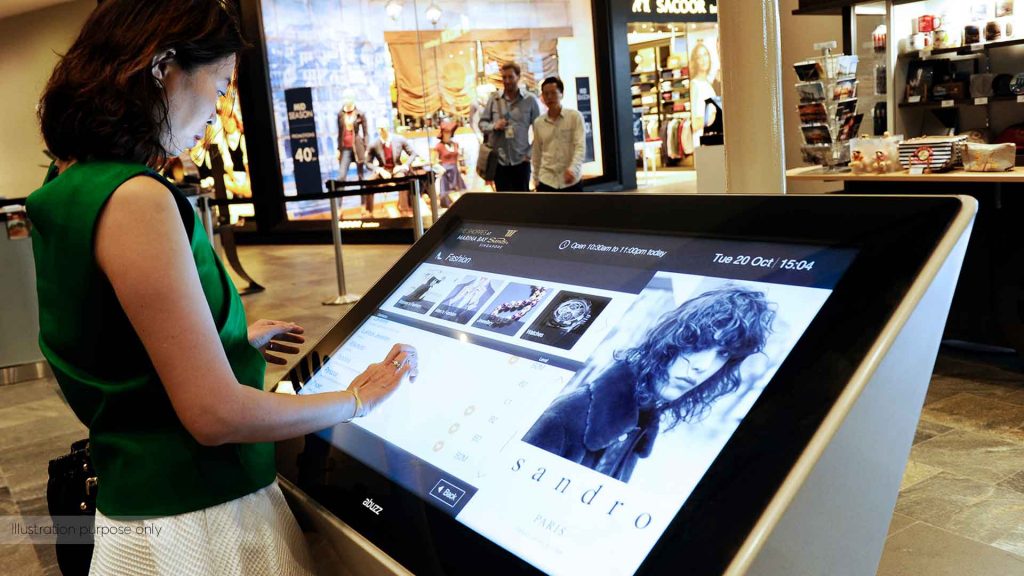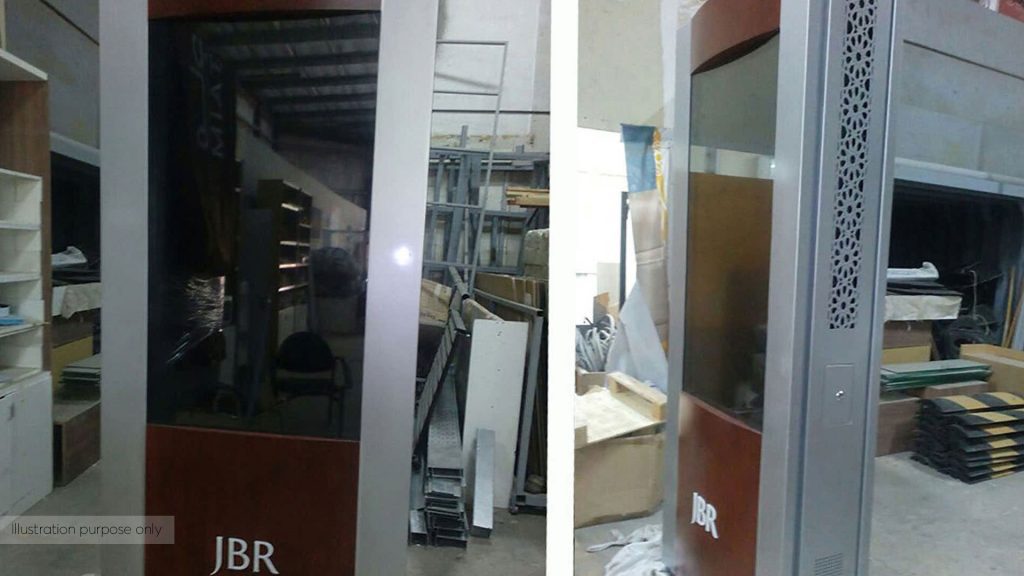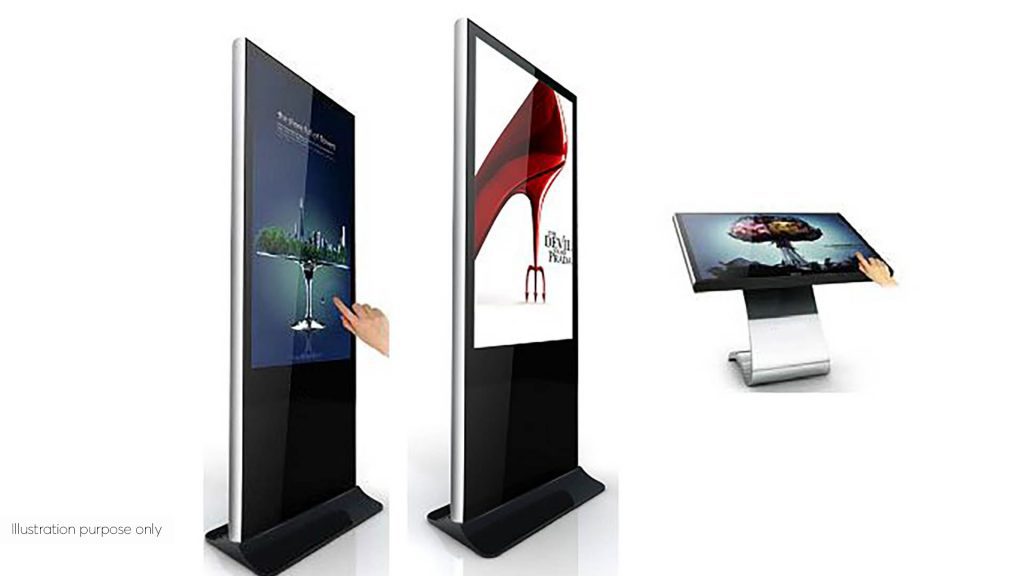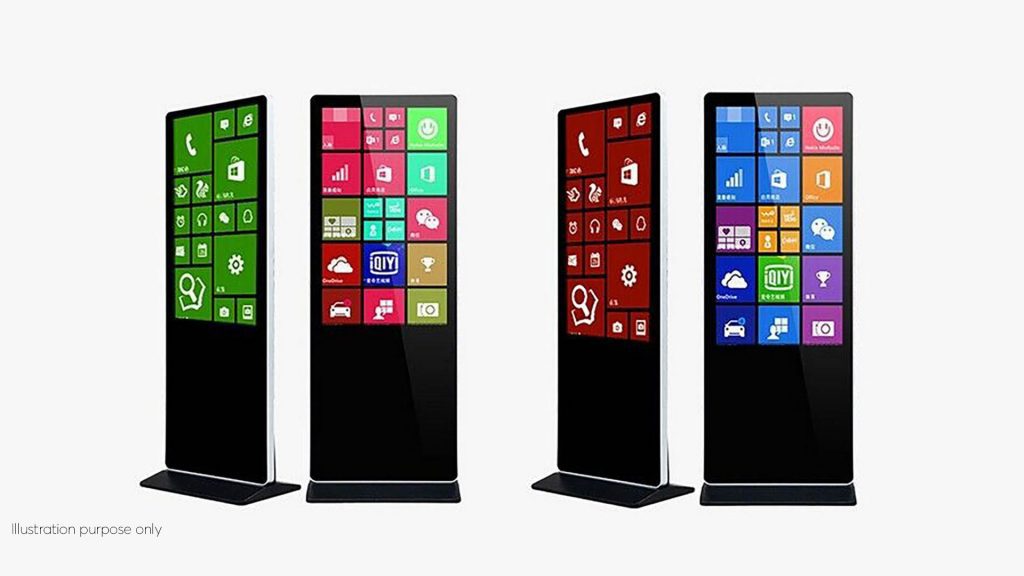Are kiosks the future of digital signage?
Are kiosks the future of digital signage?
Are kiosks the future?
That being said, we are seeing a shift towards more dynamic displays which try to capture customers at the moment and offer them truly relevant content. Because of this trend, the line between digital signage and kiosks will likely continue to blur.
It is likely that for the immediate future, kiosks and digital signage will exist side by side while working together occasionally.
Are Kiosks the Future of Digital Signage?
In the rapidly evolving landscape of digital signage, kiosks have emerged as pivotal tools, transforming how businesses engage with customers. Once considered mere information terminals, modern kiosks have evolved into dynamic, interactive platforms that offer personalized experiences, streamline operations, and enhance customer satisfaction.
The Evolution of Kiosk Technology
Historically, kiosks served as static information points, providing basic details to users. However, advancements in technology have revolutionized their capabilities. Today’s kiosks are equipped with high-resolution touchscreens, AI-driven interfaces, and seamless connectivity, enabling them to deliver tailored content and services in real-time.
Key Trends Shaping the Future of Kiosks
1. AI-Powered Personalization
Artificial Intelligence (AI) integration allows kiosks to analyze user behavior and preferences, offering personalized recommendations and content. This not only enhances user engagement but also drives sales and customer loyalty.
2. Touchless and Gesture-Based Interactions
With the growing emphasis on hygiene and user convenience, touchless technologies such as voice commands, facial recognition, and gesture controls are becoming standard in modern kiosks. These features minimize physical contact, providing a safer and more efficient user experience.
3. Omnichannel Integration
Kiosks are increasingly integrated with online platforms, allowing customers to check online stock in-store, book services, or pick up web orders. This seamless integration bridges the gap between online and offline shopping experiences, meeting the expectations of modern consumers.
4. Enhanced Security Features
As digital transactions become more prevalent, ensuring the security of user data is paramount. Modern kiosks are equipped with advanced security measures such as encryption, tokenization, and secure login mechanisms to protect user information and prevent unauthorized access.
5. Data-Driven Insights
Kiosks equipped with analytics capabilities can gather valuable data on user interactions, preferences, and behaviors. This data can be leveraged to optimize content delivery, improve services, and make informed business decisions.
Applications Across Industries
- Retail: Kiosks facilitate self-checkout, product information access, and personalized promotions, enhancing the shopping experience and operational efficiency.
- Healthcare: In medical facilities, kiosks streamline patient check-ins, appointment scheduling, and information dissemination, reducing wait times and administrative burdens.
- Hospitality: Hotels utilize kiosks for self-check-in, room selection, and concierge services, improving guest satisfaction and operational workflow.
- Transportation: Airports and train stations employ kiosks for ticketing, wayfinding, and real-time updates, enhancing passenger convenience.
The Future Outlook
The convergence of kiosks and digital signage is set to redefine customer engagement strategies. As businesses continue to seek innovative ways to connect with their audiences, kiosks will play an integral role in delivering interactive, personalized, and efficient experiences. Their ability to adapt to emerging technologies and consumer expectations positions them as a cornerstone in the future of digital signage.






